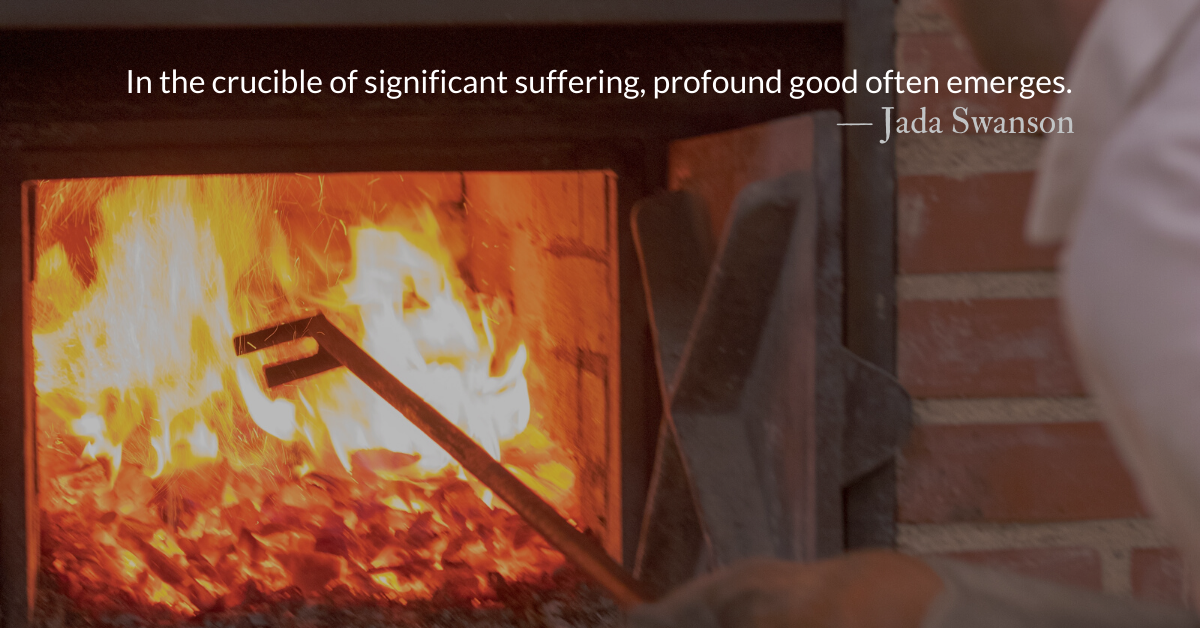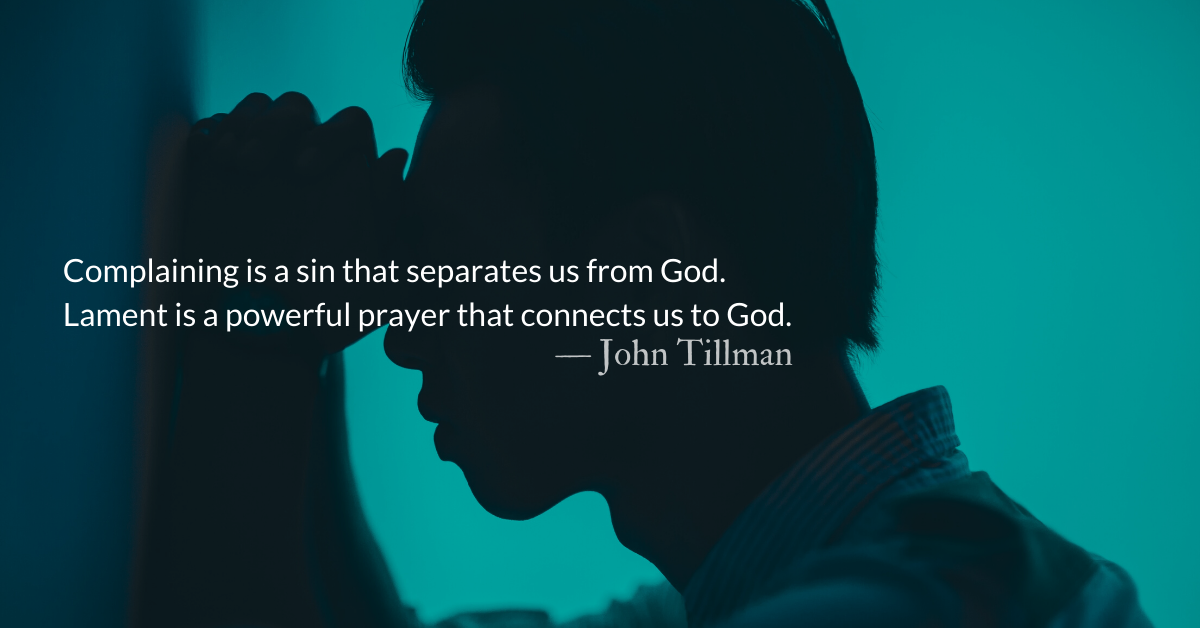Scripture Focus: Job 6.2
Oh, that my grief could actually be weighed
And placed in the balances together with my tragedy [to see if my grief is the grief of a coward]! (The Amplified Bible)
Reflection: From the Crucible of Suffering
By Jada Swanson
With these words, Job responds to the accusations of Eliphaz. He felt that he was being unjustly judged by his friends. Since they had not suffered the great loss that he had, there was no way for them to understand his grief. The raw emotions that are expressed cannot be truly understood unless one has walked this journey.
It is easy to see God’s grace when things are going well. But in the midst of suffering—when we don’t sense any positive change in our circumstances—we can start to question God’s goodness and his love. Not to mention, navigating the advice of others while in the midst of great pain and suffering can be an added trial. To be sure, Job’s friends doled out quite a bit.
Suffering and brokenness are common experiences to which all who live in this world can relate. Yet, many tend to gloss over suffering, thinking it is unspiritual to dwell upon. The pain of suffering is like a visit with an unwelcome friend. Still, the importance of sitting with this intrusive companion, learning from the experience, and, in the end, being transformed cannot be minimized. It is essential in navigating the journey of suffering and loss.
There is a deep richness that comes to people who face suffering biblically. A key to this richness is a joy and a contentment that difficult experiences cannot steal. Unfortunately, many Christians do not look at suffering in this way, and run from it, instead of facing it head-on.
Are you in the midst of a trial, experiencing great loss, suffering without hope? You may wonder is God being too heavy-handed? Or if this kind of suffering is “normal” for a Christian’s life? Those are honest questions. And, sometimes, the answers do not come as quickly as we would like.
In the crucible of significant suffering, profound good often emerges. In these times, we can be assured that our powerful, tender God is with us, helping us discover meaning and purpose in the trials we experience and the suffering we endure.
Divine Hours Prayer: The Request for Presence
I call upon you, O God, for you will answer me; incline your ear to me and hear my words. — Psalm 17.6
– From The Divine Hours: Prayers for Autumn and Wintertime by Phyllis Tickle.
Today’s Readings
Job 6 (Listen -2:56)
Romans 10 (Listen -3:21)
This Weekend’s Readings
Job 7 (Listen -2:23) Romans 11 (Listen -5:23)
Job 8 (Listen -2:09) Romans 12 (Listen -2:58)
Read more about Meaning In Suffering
Because there is meaning in suffering we can refocus our attention toward the outcome.
Read more about Suffering for Our True Identity
It is not our goal to get the world to like us. In fact, we should not be surprised when they hate us.











